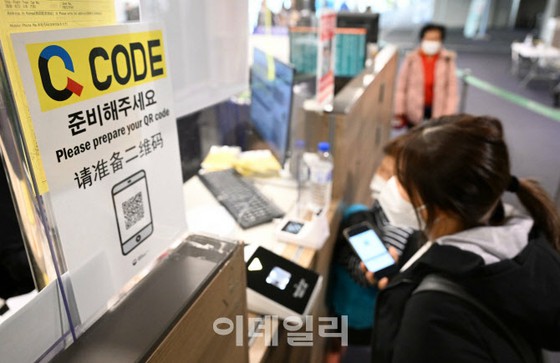 |
On the afternoon of January 11th, China's State Immigration Administration announced through the SNS WeChat account, "With some countries enforcing discriminatory immigration restrictions against China, Japan and South Korea will start from today. We will suspend the visa-free stay (transit) policy for 72/144 hours and the issuance of visas on arrival."
China allows citizens of 53 countries, including Japan and South Korea, to stay visa-free for 72 to 144 hours at designated locations such as airports when transiting through China. A visa on arrival is a visa issued to foreigners who are urgently visiting China for humanitarian reasons. I interrupted this only for Japanese and Koreans.
However, even if China opens its borders, the number of international flights to and from China has remained sluggish compared to before the COVID-19 virus pandemic. It became a minority, and this measure was a form of protest against Japan and South Korea.
From the previous day, the Chinese Embassy and Consulate General in South Korea suspended the issuance of short-term visas for visiting China to South Korean citizens, including visits, commercial trade, tourism, medical care, and general personal matters. Japan also temporarily suspended the issuance of general visas to China from the same day. When China opened its borders despite a surge in COVID-19 virus infections, major countries such as Japan, South Korea and the United States took retaliatory measures as they stepped up quarantine for people entering from China.
Regarding this, the Chinese Ministry of Foreign Affairs has stated that it is a "legitimate and reasonable measure to protect the legitimate rights and interests of the Chinese people, as well as to protect the environment necessary for normal exchanges and cooperation between countries."
On the other hand, Wang Wenbin, a spokesperson for the Ministry of Foreign Affairs of China, said at a regular briefing that day that exceptions to the suspension of the issuance of short-term visas for South Korean nationals were "for those who have to come to China for diplomatic, official or urgent business reasons. has prepared a policy."
2023/01/17 09:51 KST


